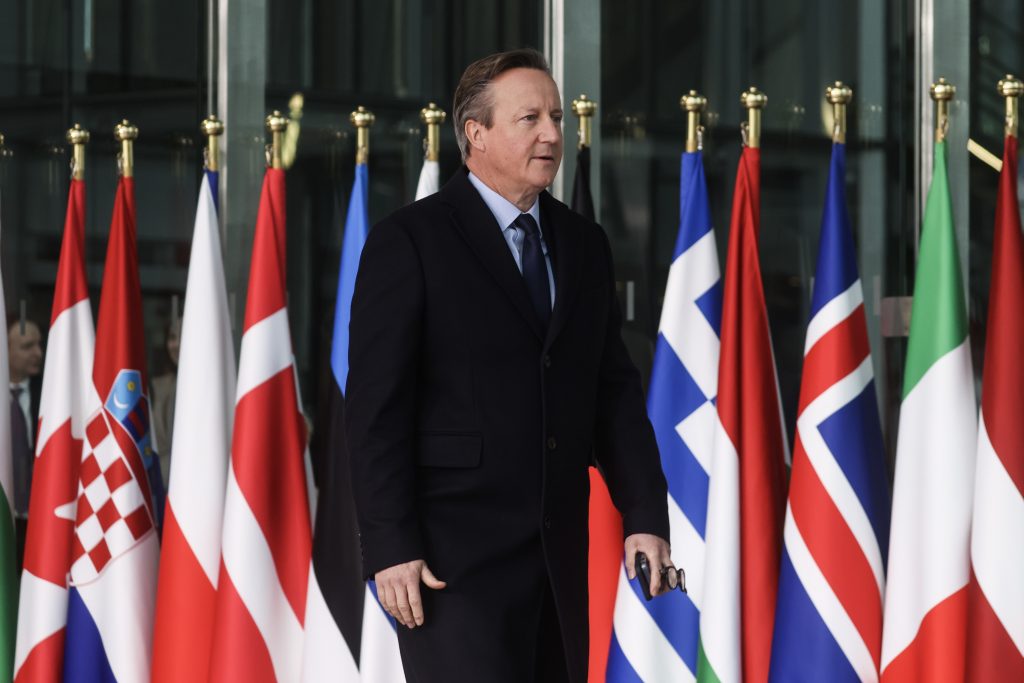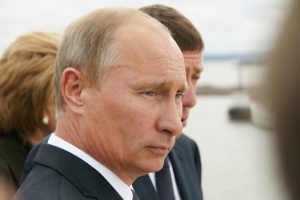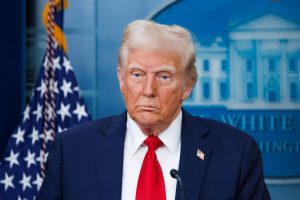Britain will call on NATO to jointly purchase missiles and shells for Ukraine.
Others are reading now
To bolster Ukraine’s defense capabilities amidst its ongoing struggle against Russian aggression, British Foreign Minister David Cameron is set to urge NATO members to significantly ramp up their defense commitments. This includes a joint initiative to procure missiles and shells for the Ukrainian Armed Forces.
Scheduled to address his counterparts at a NATO foreign ministers meeting in Brussels, Cameron’s message is clear: Ukraine’s proximity to NATO has never been closer, necessitating an unprecedented level of support from the alliance.
Reports citing the British Foreign Ministry reveal that Cameron’s plan is to advocate for a collective purchase of standard NATO missiles and ammunition.
Britain’s Proposal
According to a statement issued by the British Foreign Office, “He [Cameron] will encourage members of the Alliance to join the initiatives led by Great Britain to purchase standard NATO missiles and ammunition for the Ukrainian Armed Forces.”
Also read
The British Foreign Office notes that all Alliance members agree on Ukraine’s future accession to NATO, and Great Britain will persist in efforts to ensure that Kyiv makes significant steps toward membership.
“With Ukraine closer to NATO than ever, we must sustain the critical support Ukraine needs to win the war… Allies need to step up and spend more on defence in the face of continued Russian aggression and a more dangerous world,” Cameron stressed.
A Financial Boost for Ukraine’s Defense
Adding financial muscle to the strategic initiative, NATO Secretary-General Jens Stoltenberg has proposed the creation of a $100 billion fund dedicated to supporting Ukraine over the next five years. This fund is part of a comprehensive aid package expected to be endorsed by alliance leaders at an upcoming summit in Washington.
Cameron’s forthcoming proposition to NATO not only aims to fortify Ukraine’s military response but also seeks to solidify the alliance’s stance against aggression, ensuring a robust and coordinated defense posture. As NATO members gather in Brussels, the world watches closely, anticipating a collective stride towards greater security cooperation and a firm commitment to uphold international order.








